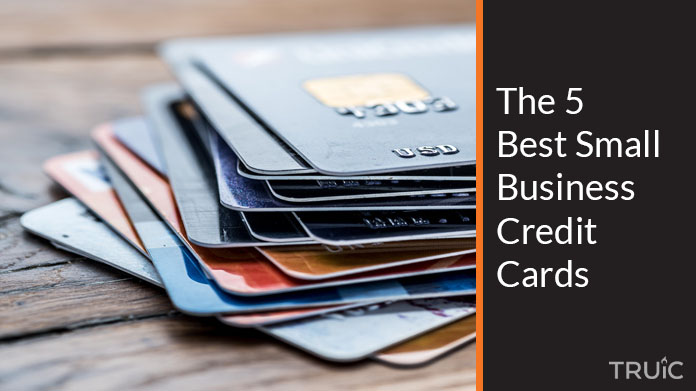Small Business Credit Cards
Small business credit cards are designed for professional use and provide a line of credit to small businesses while helping to maintain personal asset protection. It is crucial for small businesses to have a small business credit card.
Our guides will help you understand the importance of having a small business credit card and provide the steps for finding and applying for the best credit card for your business.
Recommended: Apply for an easy-approval business credit card from Tillful and build business credit quickly.
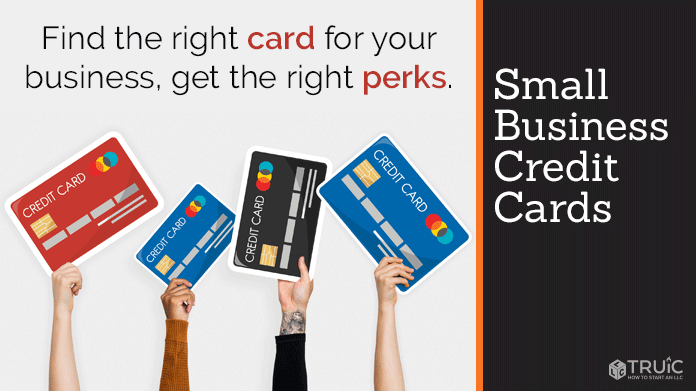
Why Get a Small Business Credit Card?
When you start a business, mixing personal and business finances can put you at risk, so avoiding any overlap between the two is essential.
If someone sues your business, they may hold you liable, putting your personal assets on the line. Having a credit card, as well as a bank account, for your business name will protect you by preventing your corporate veil from being pierced.
By establishing this distinct line between professional and personal, you will protect both sides of your finances. While putting your business expenses on your personal credit card may seem fine for now, using a business credit card will save you time and money in the long term.
In addition to this security, business credit cards can help your business establish business credit and earn business-specific rewards. With these perks, you can earn higher credit limits while simultaneously receiving benefits for common business purchases.
How to Choose a Small Business Credit Card
There are many different small business credit cards on the market. By choosing the best card to fit your business, you’ll optimize your business’s spending habits while establishing professional credit. Here are some things to consider during your search:
- Fees
- Interest Rates
- Rewards Programs
- Protection Benefits
- Premium Benefits
- Signup Bonuses
Be sure to have your EIN and Articles of Organization handy when applying for a business credit card.
Recommended: Visit Tillful to apply for their business credit card, earn points, and build your business credit quickly.
Find the Best Credit Card for Your Business
We have researched the best credit cards for over 150 types of small businesses. We know that each business has different financial requirements, so we've compiled the best small business credit cards for each business into one location to make your research go just a little faster.
Types of Small Business Credit Cards
If you're looking for a specific credit card, check out our detailed reviews of the top cards on the market.
If you do have a type of small business credit card in mind, check out our ranking of the top cards per category to help you make the best decision for your business:
Top 5 Business Credit Cards
There are dozens of business credit cards on the market designed to meet a variety of needs. No single card can fulfill the needs of every company, but there are a few options that stand out among the rest. Browse our top overall picks for your business.
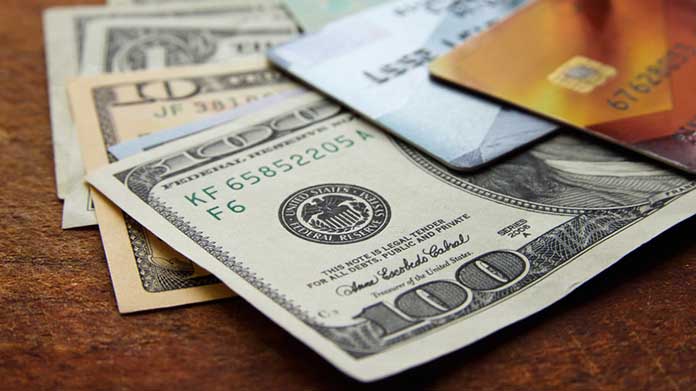
5 Best Small Business Credit Cards for Earning Cash Back
Cash back cards are a simple way to earn major rewards for your small business purchases. In this guide, we compare the best small business credit cards for earning cash back, whether they're simple flat-rate programs or super-customizable tiered programs.
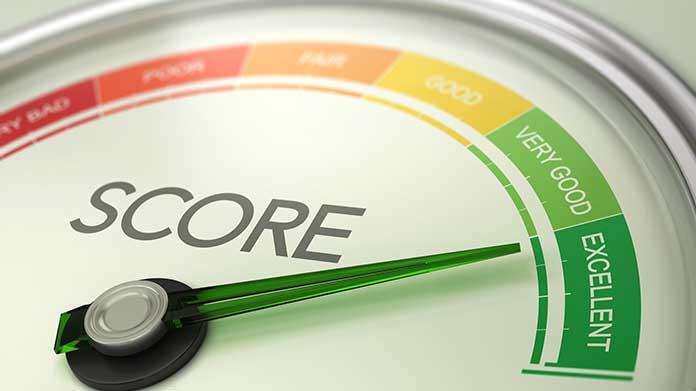
4 Best Credit Cards for Building Business Credit
Building business credit isn’t always easy for entrepreneurs with no credit history or bad credit history. These are our top credit cards (both personal and business) for starting your business off on the right foot.
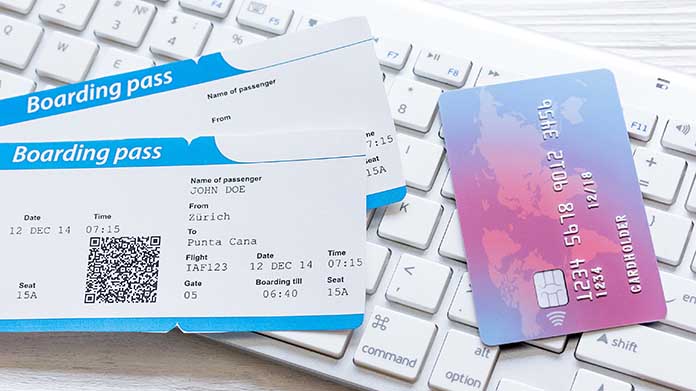
6 Best Small Business Credit Cards for Earning Airline Miles & Benefits
If you travel often for your business, consider finding a card that rewards you with air miles. Our top picks for earning airline miles and benefits range from airline-branded cards—cards that reward you for flying with major airlines—and general business rewards cards that give you miles.

4 Best Small Business Credit Cards for Financing Your Business
For savvy entrepreneurs, using a business credit card to help finance their business can be a fruitful venture. We selected the best small business credit cards to help new businesses with financial flexibility as they get on their feet.

4 Best Small Business Credit Cards for Purchasing Office Supplies
Office supplies are a major recurring expense—and therefore a lucrative opportunity to save lots of money each month. Certain small business credit cards specialize in rewards for office purchases, while others are all-around good reward cards; these are our top picks.
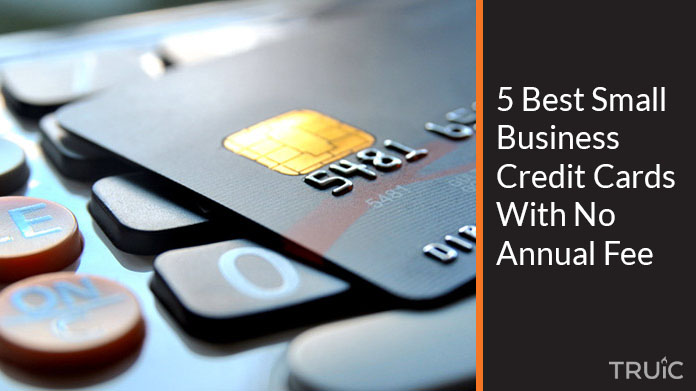
5 Best Small Business Credit Cards with No Annual Fee
Not every small business needs turbo-charged perks, and not every small business has the budget for a business card with a high annual fee. With that in mind, we created this list of the most valuable small business cards with no annual fees.

4 Best Small Business Credit Cards for Buying Gas
If your small business spends a good amount of money on fuel each month, you might consider finding a business card that will reward you for your purchases. These 5 business credit cards offer cash back benefits that can help save you money each time you fill up.

6 Best Small Business Credit Cards Purchasing Shipping
If your business spends a lot of time and money packing and shipping goods, finding unique opportunities to save on shipping costs can be crucial. Our guide reviews the top rewards-based business credit cards that give you distinct rewards for shipping expenses.

7 Best Small Business Credit Cards for Purchasing Advertisements
two-thirds of US businesses spend substantial amounts of time and money on online advertising. If that describes your business, check out our list of the best small business credit cards that will reward you for your advertising purchases.
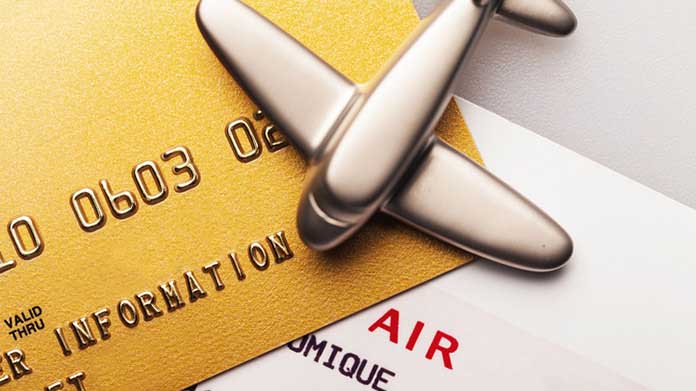
5 Best Small Business Credit Cards for Premium Travel Benefits
There are many high-powered cards that offer premium travel benefits—meaning you can find one suited to the way you travel, how often you travel, and where you like to stay. These are our top business card picks for a more luxurious business travel experience.
Small Business Rewards
There are some credit cards that allow for your small business to take advantage of certain benefits, just by using them! If you choose wisely, you can leverage a business rewards card to allow your spending to be more effective and ease your comfort when you travel.
Credit Cards vs. Charge Cards
In your business credit card search, you might find a handful of business charge cards as well as the typical business credit card.
While the two different cards operate similarly in some ways, a charge card must be paid in full each month, whereas a credit card only requires a monthly minimum payment. Credit cards also carry interest rates; a charge card doesn’t.
Credit Scores
There are two different kinds of credit scores your business will need to worry about: Personal credit scores take into account your personal history and typically operate on a 0-800 scale. Business credit scores factor the financial health of your business and operate on a 0-100 scale.
Not sure what your scores are? Check out our guide How Do I Find My Credit Score? for more information.
If you’re trying to establish business credit, credit card issuers will take into account your personal credit score. Certain business credit cards require different credit score ranges; a business owner with poor or limited credit will have fewer options than a business owner with good or excellent credit. All of this can affect your potential credit limit too.
